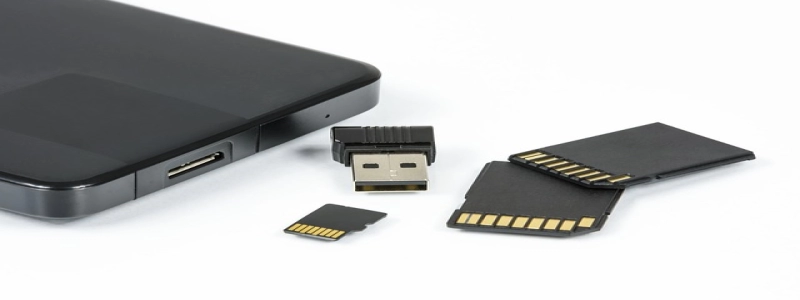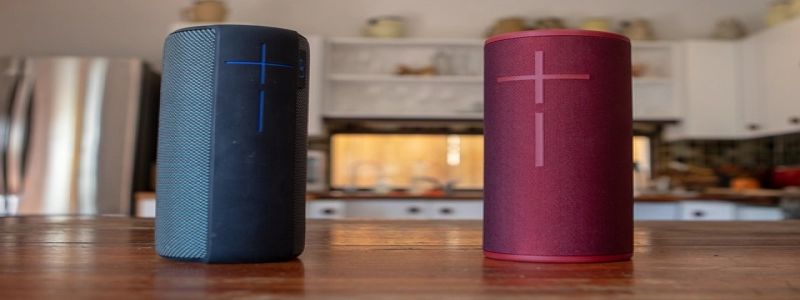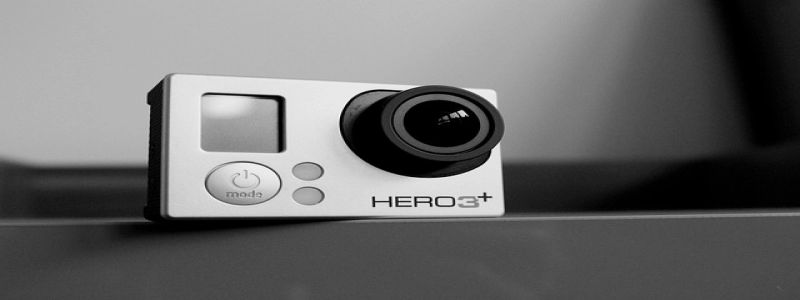I. Introduction
Ethernet cables are essential components for a seamless and reliable internet connection. Whether you are setting up a new network or replacing an old cable, choosing the right ethernet cable can have a significant impact on your network’s performance. In this article, we will explore the different types of ethernet cables available and provide detailed information to help you make an informed decision when ordering an ethernet cable.
II. Types of Ethernet Cables
1. Category 5e (Cat5e) Cable
– Cat5e cables are the most commonly used ethernet cables, offering speeds up to 1000 Mbps (megabits per second). They are suitable for most home and small office network setups.
– These cables are backward compatible with older ethernet standards and are relatively affordable. However, they may not support high-speed internet connections.
2. Category 6 (Cat6) Cable
– Cat6 cables are an upgraded version of Cat5e cables and provide faster speeds up to 10 Gbps (gigabits per second). They are ideal for high-bandwidth applications and gaming.
– These cables offer better interference and crosstalk reduction with improved insulation. However, they are slightly more expensive than Cat5e cables.
3. Category 6a (Cat6a) Cable
– Cat6a cables are the enhanced version of Cat6 cables, offering even higher speeds up to 10 Gbps and a higher frequency of 500 MHz.
– These cables are suitable for demanding applications that require higher data transfer rates, such as large file transfers, video streaming, and server connections. However, they are more expensive than both Cat5e and Cat6 cables.
III. Factors to Consider
1. Cable Length
– Determine the required length of the ethernet cable based on your network setup. Measure the distance between the devices you want to connect and add a little extra for flexibility.
2. Cable Quality
– Consider the build quality and materials used in the ethernet cable. Look for cables with thick insulation, gold-plated connectors, and high-quality conductors to ensure durability and optimal performance.
3. Shielding
– If you are setting up a network in a noisy environment or near electrical sources, consider cables with shielding for better protection against interference. Shielded cables are more expensive but offer enhanced performance in such situations.
IV. Conclusion
When ordering an ethernet cable, it is crucial to consider factors such as cable type, length, quality, and shielding. The Cat5e cable is a cost-effective option and suitable for most home and small office setups. However, if you require faster speeds and better performance, Cat6 or Cat6a cables are recommended. By understanding the different types and considering your specific requirements, you can ensure a reliable and efficient network connection.







